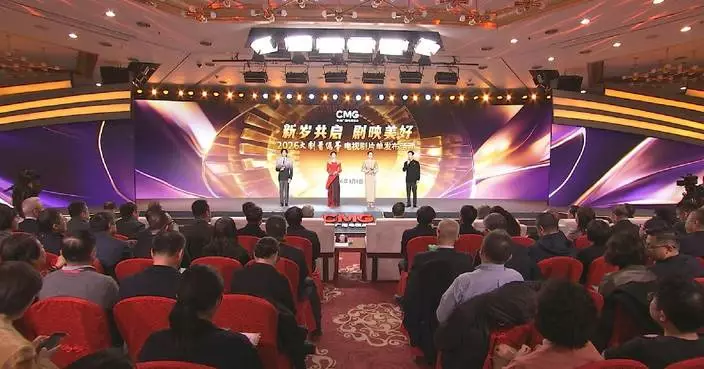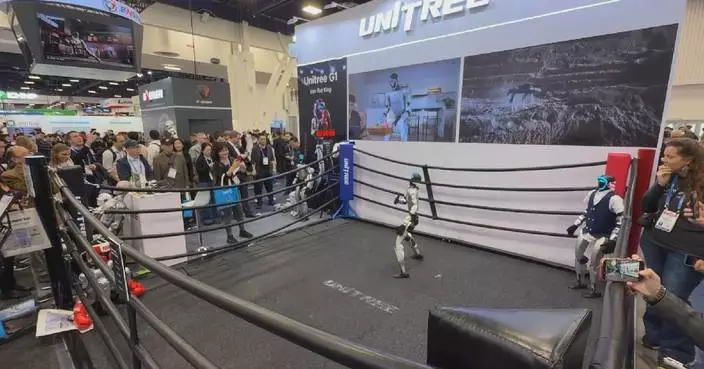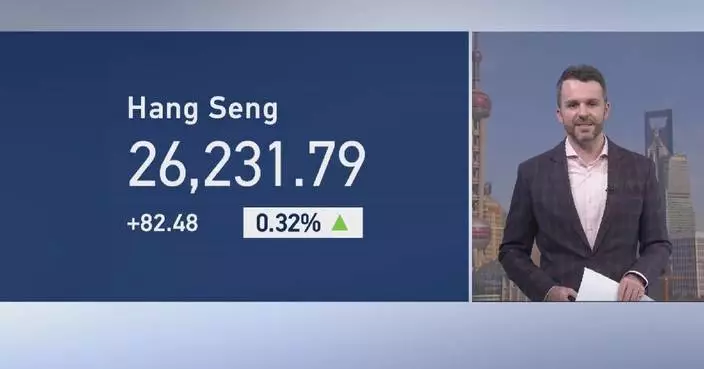A financial expert from UK argued that the United States must move beyond a zero-sum mindset, as today's interdependent economy requires both competition and cooperation.
Such remarks of Angela Li, Chair of the LSE China Development Forum, came amid rising U.S.-China tech tensions, with some calling China's DeepSeek a modern "Sputnik moment", a reference to the Cold War-era anxiety sparked by the Soviet Union's first satellite launch.
Last month, the Chinese AI company garnered global attention with the release of its "reasoning model" R1. Many around the world rushed to compare DeepSeek R1 with OpenAI's o1 model.
What has stirred excitement in the tech world is DeepSeek's distinctive approach to model training, which achieves remarkable efficiency at a fraction of the computing costs incurred by major U.S. AI labs.
"There's some parallels with the Sputnik moment. But then taking it back from a more politicized perspective. I think no matter how much executive power President Donald Trump has, he got to consider domestic political pressures and the amount of geopolitical slack that he enjoys, right? So if he prioritizes economic nationalism, he's weaponizing AI as a rhetoric for China-US competition, but then he might get some backlash from U.S. tech-firms who are reliant on the global supply chains and the tacit global cooperation. Even during the Cold War, binary superpower competition between the Soviet Union and the United States, we see areas of collaboration. So (there was) the classic example of the Apollo-Soyuz mission. So that might have some lessons for us today that no matter how intense the competition, there's always room for cooperation," Li said in an interview with China Global Television Network (CGTN).
Li also cautioned against drawing direct historical parallels, stressing the significant differences between the Cold War and today's interconnected world.
"I think I'm also wary of drawing direct parallels or historical parallels. Today, we're not living in the Cold War era of the binary rivalry. Interdependence was not a thing back then. And now with the global supply chain and all the interdependence that we're seeing now, for example, the TSMC chips, I think (it) just adds a layer of complexity to the story," she said.
With the rise of China's technological capabilities, she argued that a singular tech-dominant power is no longer realistic, expecting the U.S. to reconsider its strategic approach.
"There's no dominant center for tech-hegemony. I think the rise of China's tech, a competition amid U.S. tech-dominance, is something that is natural in historical progress, because of various contingencies and context, specific realities. And I think the United States, in order to benefit humanity, needs to abandon that zero-sum mentality of always securing its hegemonic status in every sector," she said.

UK expert calls on US to prioritize cooperation amid rising tech tensions with China









